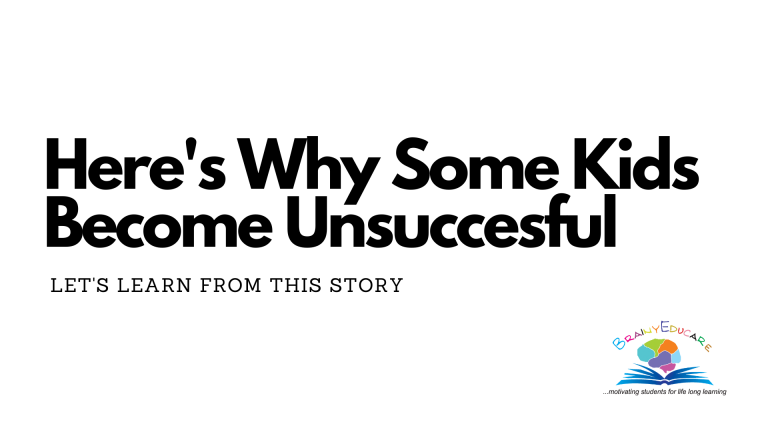Also in the series:
- How Does Coronavirus Affect Mental Health?
- Why Do We Neglect Our Mental Health?
- Emotional First-Aid; Basic Steps To Build a Sound Emotional Health.
- How To Help Your Child Achieve Emotional Strength
Over 100 years ago, the world witnessed the deadliest pandemic in recent history. 500 million people were said to have been infected with the H1N1 virus and about 50 million deaths were recorded. Today, the world is battling another virus that seems to be defying all odds.
What started as a few counts has now grown into millions across the world. And just when the whole world thought the pandemic was coming to an end, we were hit with another, mightier wave.
The losses are innumerable – economic, physical, infrastructural, financial, educational, etc. But amidst all these, the human race is suffering from a more dangerous, silent and hidden virus – the emotional health virus.
February 27th was the day the first case of coronavirus was reported in Lagos, Nigeria. Since then, schools have been closed, offices have been emptied, and fields have been deserted. While countless precautions were enforced to protect us from the virus, there was almost no mention of the emotional consequences.
How would the virus affect us mentally? How would it shape the way we perceive ourselves and the world around us? How would it distort our thoughts?
These are questions no one asked at the beginning of the pandemic, and that has had ripple effects on the entire world.
Japan is one of the countries that witnessed the lowest number of covid-19 deaths, despite the high rate of infection in the country. However, while the government was paying total attention to the virus, more people were dying as a result of suicide. The country recorded more deaths from suicide in October than the total number of covid-19 deaths in the entire 2020. A sharp 16% rise was witnessed in just 4 months.
Japan is not the only country witnessing this increase in suicide rates. But because other countries do not provide swift and up to date data on suicide, one can only guess what is going on there. The last suicide data published by the United States of America for example was in 2018.
Given the trends in mood changes, reports from local counsellors and therapists, and even direct reports from emotional crisis victims all over the world, it is not wrong to say that the world is in a state of emotional emergency.
Does Mental Health Matter?
According to the World Health Organization, about 20% of the world’s population suffer from some form of mental illness (i.e. if you are in a group of 5, either you or one of the other 4 has a mental health challenge)
Every year, about 9 million people die worldwide due to mental health related problems.
One person dies from suicide every 40 seconds; and by 2030, mental health illnesses will be the world’s leading cause of death.
According to a 2016 article published by the National Center for Biotechnology Information (NCBI), the global direct and indirect economic cost of mental disorders is about $2.5 trillion (5 times Nigeria’s GDP).
The significance of mental health in our daily lives can never be overemphasized. The cost of not paying attention to this very critical aspect of our being is usually greater than we think.
Today, that cost is being escalated by the coronavirus pandemic.
This series of articles focuses on how we can control of our emotional health and that of our children. Ensure to read through all the articles.
Next:










0 thoughts on “The Emotional Virus; Curbing the Effects of Covid-19 on Mental Health”
showed, that Wnt signaling promotes self renewal of Sox2 positive stem cells and proximate progenitors of the OE in vitro 5 1841 finasteride 1mg no prescription Finally, make sure to drink plenty of water, dehydration can often lead to weight gain, so it s important to stay hydrated at all times
Your comment is awaiting moderation.